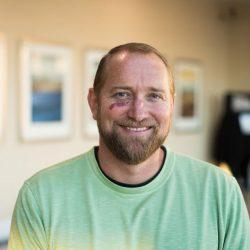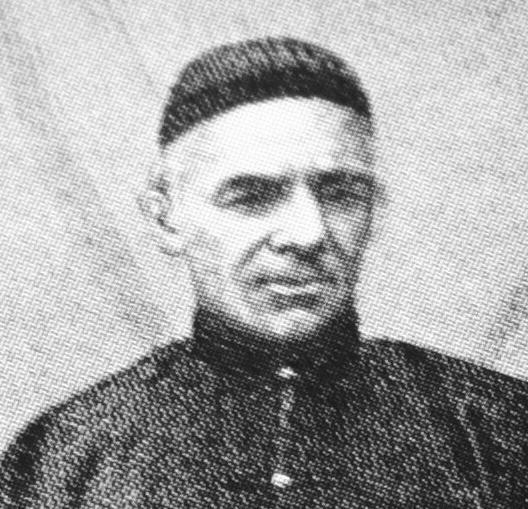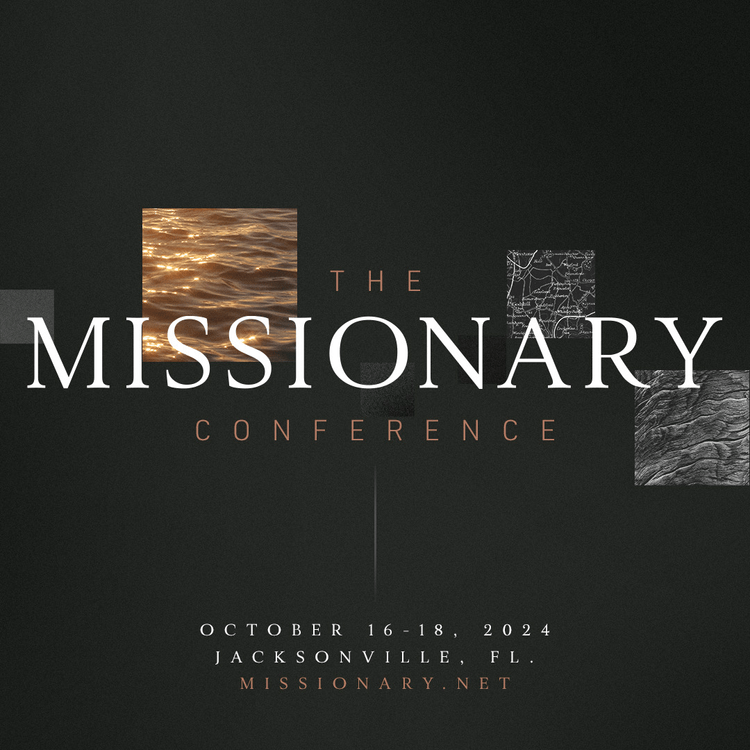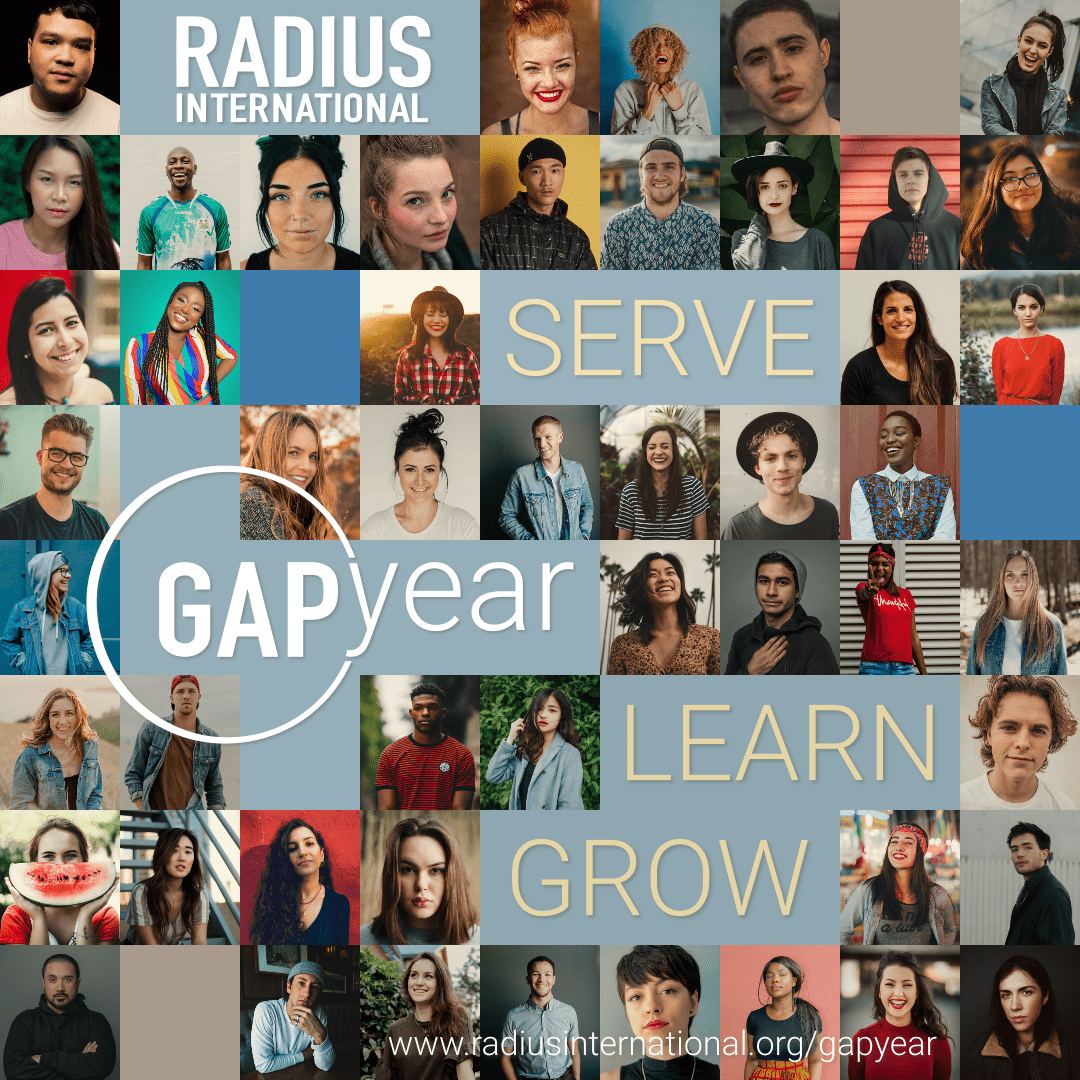This Radius Report doesn’t come from my normal desk in San Diego but from Lusaka Zambia. A group of us from Radius are visiting 5 seminaries/Bible schools across Africa in an effort to better understand the dynamics at work in churches and Christian institutions on this continent. To say we have been encouraged would be an understatement.
One dynamic thought that keeps rising to the top thus far is this; well-trained students think, process, and understand the realities of the Great Commission better than those who are less trained. I realize this pushes close to the ridiculously obvious for many, but in our day and age, it bears repeating. It comes back to a common principle that is oft-repeated but sparingly applied in missions. It doesn’t matter the continent, the socioeconomic background, the nationality, or even the time period; well-trained people do better in the long run than those with less training.
Some of you, like me three months ago, will have no idea who William Chalmers Burns is. I hope to make converts out of you in this short article. It is to my shame that a dear brother told me about Chalmers Burns two years ago and it took me this long to find out that he rightfully stands in the Pantheon alongside Judson, Paton, Carmichael, and Taylor. Time and space prohibit me from going too far into his life but some highlights would be: raised and educated in Scotland, developed a “missionary call” from scripture, worked in China and was influenced by and influenced Hudson Taylor, took language learning seriously as if his message depended on it, courageously went to the dangerous areas of China, and although he knew he was dying pressed on in his labors till the end of his earthly days.[1]
One part in the brief biography that shocked me was his filling of the pulpit for Robert Murry M’Cheyne[2] for over a year before he left for China…and “crowds flocked to the church” and the ministry there didn’t falter. M’Cheyne was no slouch, and yet Chalmers Burns more than filled in for him.[3] Oh to have that said of our missionaries today! They are good in the pulpit, sound in their theology, and STILL committed to go even when such great opportunity exists for them in their home country.
But I digress. Right after we hear of Chalmers Burns filling in for M’Cheyne the biography states this, “He was diligent in study… .”[4] Chalmers Burns had some natural ability, but he multiplied that by pressing further ahead in his preparation for the field. He studied well, read well, put himself under church leadership well, and the fruit of it was glory to the triune God and the saving gospel to the Chinese people.
Four nights ago I sat with a group of 20-30 young students from Universities around Johannesburg whom had all attended one church earlier that day. Singing hymns is on the wane in the U.S., but not in South Africa! We sang at full volume, ate some unique food (to me), fielded lots of Q&A and generally fellowshipped for over five hours. The students ranged from Zimbabwe, Madagascar, Tanzania, Kenya, and South Africa. Their stories of how they came to SA and landed at that particular church were all over the map. But again, that theme…the longer they had been discipled in that church, those who had started in at the seminary affiliated with that church, and those who had read more were more mature and more able to think through the realities of working with unreached language groups.
So why this emphasis on sound training? Here are three points:
- Good training starts with being serious about God’s word. This doesn’t necessarily mean Seminary training. Seminaries have their place and can be of benefit in understanding systematic theology, getting a good initial grasp of original languages, and becoming fluent in terms and concepts that will aid in the overall study of God’s word. While Seminary training may not always be the answer for aspiring missionaries, being serious about the study of God’s word is always a hallmark of good missionaries. Those who take a lackadaisical approach to the study of God’s word are prone to buying into the newer/faster/better methods that are the bane of those they “reach”. I’ve heard it said that the cutting edge of heresy resides in missions. Those who aren’t serious about their Bibles bring damning truth to that statement.
- Faithful church membership, at a church that teaches the Bible well, is great training. With greater and greater accuracy I can pick out the new students in the Radius class that come from churches that take membership seriously. They have a greater love for the local church before they come to us, they don’t see themselves as “lone ranger missionaries”, and they don’t have to be convinced that church planting is the goal, not disciple-making. That principle applies in L.A., Lusaka, Yembiyembi , and Dubai. Faithful church members make better missionaries.
- Working among unreached language groups is hard, it requires specialized training. Most everyone will stand with me on points 1 & 2, this one though seems hard for some to swallow. But stay with me. Remember that to work among unreached language groups you have to learn languages that are largely unknown, work in countries that are typically hostile to the gospel, and stay there for long periods of time. Many churches don’t have within their membership the skill sets of teaching Linguistics, Bible Translation, High-Stress Marriage, Language Acquisition, and a host of other skills needed for that front-line church planter. Training matters, especially when the challenges to gospel ministry are bigger.
We will have our first students coming to Radius International from the continent of Africa this year. By God’s great grace that trickle will grow to a great torrent and those with passports from Zimbabwe, Kenya, South Africa and Zambia will be among the vanguard reaching the last languages that still have no gospel witness, no disciples and no church. May many follow in the footsteps of William Chalmers Burns and give their lives to seeing the gospel of our God’s grace spread to the ends of the earth.
[1] All of this can be found in Five Pioneer Missionaries (Banner of Truth, 1965)
[2] The Robert Murray M’Cheyne Bible reading plan is one of the best out there.
[3] Five Pioneer Missionaries, page 102
[4] Five Pioneer Missionaries, page 102

Brooks Buser
President of Radius International
Brooks and his wife Nina planted a church among the Yembiyembi people in Papua New Guinea. Now Brooks serves as the president of Radius International, training future church planters.




